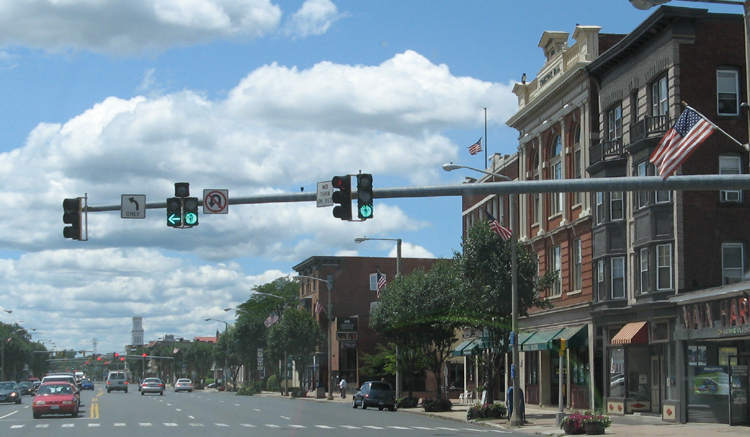The Mohegan Sun and Mashantucket Pequots tribes in Connecticut joined forces to establish MMCT, a new venture that was focused on setting up a third ‘satellite’ casino in the state with a bid to compete with the neighbouring MGM Springfield casino which is currently being constructed.
The $950 million MGM Springfield facility was expected to eat into the revenue of Connecticut’s gambling industry and also impact the local economy by reducing employment opportunities and cutting into state revenue. MMCT was pushing hard in 2015 to get all state approvals in place so that they could proceed with the construction of Connecticut’s third casino but have been forced to slowdown their push after running into a number of roadblocks involving local municipal approvals.
MMCT has now stated that with Connecticut’s legislative session coming to an end on May 4, they will remain patient and continue their push for the third casino expansion in 2017. One of the tasks that the MMCT were supposed to complete was finalizing a site for the third casino. The proposed locations included Bradley International Airport, Windsor Locks, Hartford and East Hartford, but so far no final decision has been made.
MGM Springfield has filed a case against the state of Connecticut for allotting non-reservation land to the tribes in order to construct the third casino. The state has filed a claim to dismiss the motion and MMCT remain confident that even though they have to wait till 2017 to obtain all approvals, they can still complete their casino before MGM Springfield opens its doors to the public, which is expected to be sometime in the fall of 2018.
The MMCT also has a number of other issues to address with the state, including the impact a third casino will have on the existing agreement where Connecticut takes twenty five percent in slot machine revenue from the tribal casinos which is estimated to be around $200 million a year.
The Bureau of Indian Affairs has informed the tribes that a third casino will not impact this arrangement but Attorney General George Jepsen had raised concerns over the existing agreements which were made over twenty years ago. According to Jepsen, the agreement states that licensing a third casino off tribal land will automatically cancel the clause requiring the tribes to pay the state twenty five percent in slot machine revenue. Jespen believes that even though the third casino is being proposed via a joint venture in agreement with the state, this clause can be triggered at a later stage and pose problems for the state.
The Bureau of Indian Affairs has released a statement to try and put these concerns to rest. “Our view is that the tribes existing exclusivity arrangement would not be affected by a new state-authorized casino that is jointly and exclusively owned” by the tribes.



